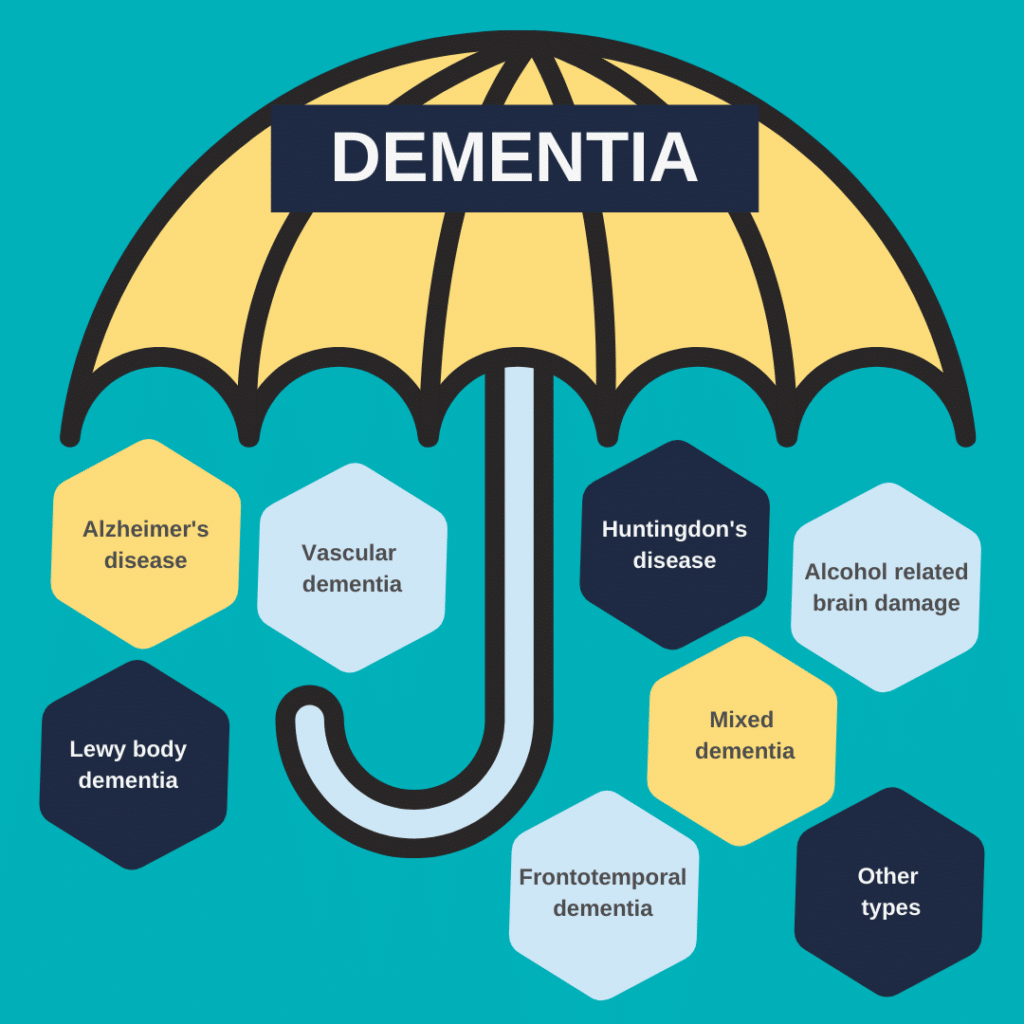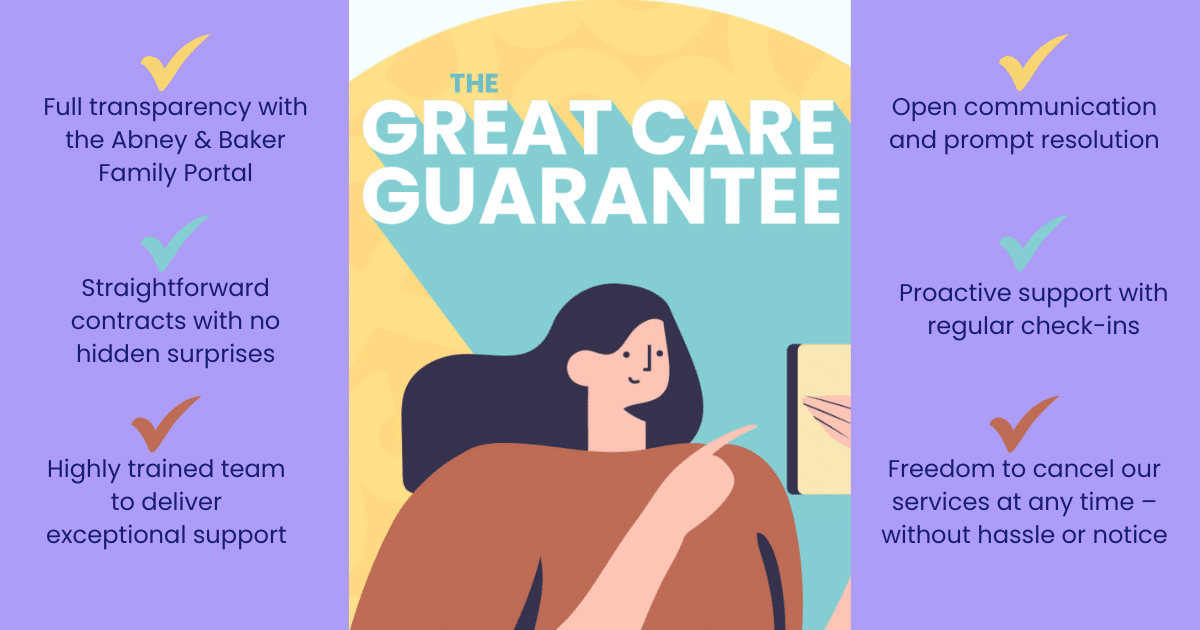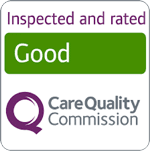September 2020 marks the 9th World Alzheimer’s Month, an international campaign to raise awareness and challenge stigma. This year’s focus is on stigma, to break the stereotypes and myths that surround a dementia diagnosis.
Download your Guide to Care at Home to discover how, with a little support, you can continue to live happily and safely at home with Alzheimer’s.
There is a huge amount of information out there about Alzheimer’s so it can be tricky to sift through it all to find out the truth. So here we share with you 5 common myths surrounding the disease and reveal the truth behind the claims.
Myth #1: Alzheimer’s is just another word for dementia

The term dementia refers to a range of conditions and symptoms and is not a distinct disease in itself. It is the umbrella term used to describe over 100 different types of dementia – Alzheimer’s is just one type of dementia; however, it is the most common.
Dementia is caused by diseases which damage the brain by causing a loss of nerve cells. Alzheimer’s disease is a physical degenerative disease that affects the brain.
Myth #2: Memory loss is a natural part of ageing
As you age, it’s common to have the occasional memory problems, such as forgetting the name of a person you’ve just met or where your keys are from time to time. However, Alzheimer’s is more than occasional memory loss. If you forget whole experiences, lose track of what season it is, forget the name of a long time friend or what roads to take to get back to your home you’ve lived in for a long time, these are common symptoms of Alzheimer’s.
It can be tricky to tell normal memory problems from memory problems that should be a cause for concern. Read the Spotting the early signs of Dementia – 10 key signs blog to help identify the difference. Sometimes the problems are caused by medication side effects, vitamin deficiencies or other conditions and can be reversed with treatment. Memory and thinking problems may also be caused by another type of dementia so always get in touch with your doctor if you’re concerned.
Myth #3: Only older people can develop Alzheimer’s disease
Myth #4: Alzheimer’s only affects your mind
Myth #5: Being diagnosed with Alzheimer’s means that you can’t live safely and happily in your own home

This is often the biggest myth surrounding the disease, but it definitely doesn’t reflect most people’s experiences with Alzheimer’s. The condition may worsen over time however many people with Alzheimer’s, with a little care and support, are still living rewarding and happy lives safely in the comfort of their own homes.
Currently, there isn’t a cure for Alzheimer’s disease and the condition can’t be reversed. However, there are effective ways of managing the effects of Alzheimer’s. Providing a stable environment and supporting you to stay active, for example, are beneficial.
Despite these myths surrounding the disease, many people with Alzheimer’s continue to lead to a happy and fulfilling life. Whilst a little extra bit of help may be needed, living with Alzheimer’s doesn’t mean you need to enjoying the comfort of your own home.
If you’d like to chat to us about how support from a Dementia-friendly provider can help you or a loved one then do get in touch.
Sources: NHS, Alzheimer’s Society, Which?, Healthline
Helping your loved one to continue living independently and confidently in their own home.
By providing a range of support at home, we’re helping many clients across Bath & North East Somerset and West Wiltshire retain their independence and stay in control in the comfort of their own homes.
Remember we’re always here if you want to chat about your care options. Just get in touch:
Call 0333 043 4880 – Email enquiries@abneyandbaker.com – Book a call here














